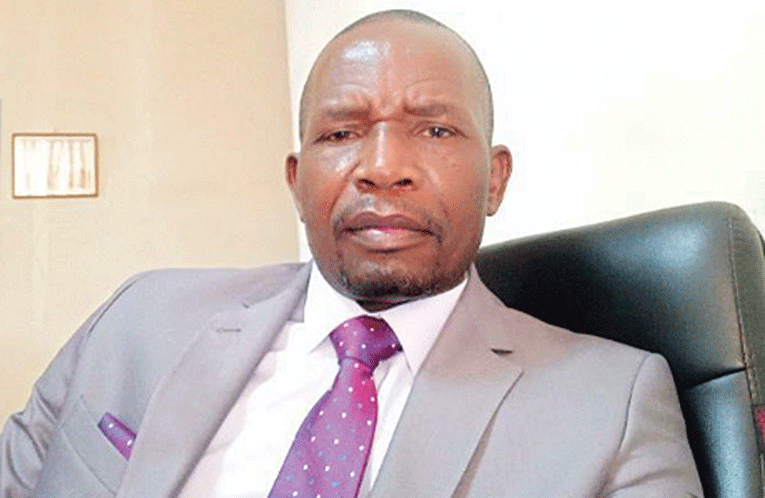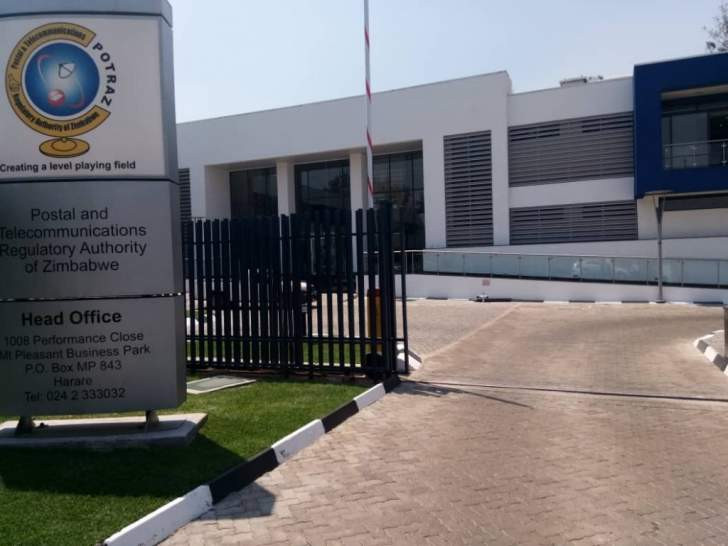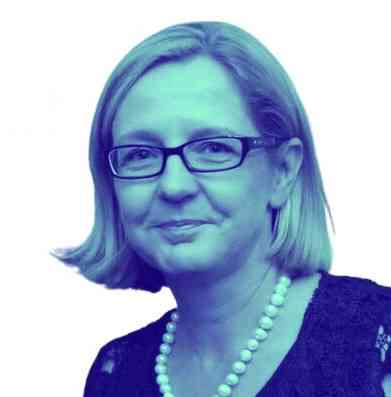
By Vanessa Gonye
CHILDREN with difficulties in intellectual functioning or cognitive challenges face difficulties in communicating, learning, problem solving, everyday adaptive behaviour or social skills and routines that include hygiene.
Intellectual difficulties can be mild or severe and as such children typically require more support, particularly at specialist schools and care centres.
In Zimbabwe, one such centre is Zimcare Trust, which has several specialist schools in different parts of the country.
Zimcare Trust director Nicholas Aribino (NA) speaks to NewsDay (ND) reporter Vanessa Gonye. Blow are the excerpts.
ND: The year 2019 saw the advent of COVID-19 which forced the closure of schools for several months. As an organisation, how has the COVID-19 pandemic affected children with intellectual difficulties?
NA: Some children and adults in our centres dropped out of school due to COVID-19 fears only to come back when they had forgotten what they had learnt. Some of these children with intellectual difficulties are yet to come back to school. The donor community has also shifted its focus and is grappling with containing the COVID-19 pandemic in their countries. This has put the organisation under a heavy burden to mobilise resources for our programming and to ensure effective reach for children with intellectual challenges. Most of the learners have conditions that make it impossible for them to wear masks, thus exposing them to the risk of getting infected.
ND: What mitigation measures did you embark on to ensure PWDs under your organisation are safe and well taken care of?
- Chamisa under fire over US$120K donation
- Mavhunga puts DeMbare into Chibuku quarterfinals
- Pension funds bet on Cabora Bassa oilfields
- Councils defy govt fire tender directive
Keep Reading
NA: As an organisation, we adhered to COVID-19 rules and the World Health Organisation (WHO) guidelines such as social distancing, daily temperature checks, sanitisation of rooms and less movement to prevent the children from contracting the virus.
ND: Are you able to meet the requirements associated with the day-to-day running of Zimcare Trust?
NA: I would say no, we are facing challenges. We need personal protective equipment, food, money for payment of bills and capital injection to have projects running to be a self-sustaining organisation.
ND: I understand all those under your care have special needs, how are you managing to meet their demands?
NA: Our centres are accessible and we have tailor-made our education and care programmes to suit individual needs of children with intellectual challenges. Our staff is also trained to handle such cases.
ND: What policy interventions do you think should be adopted to assist PWDs to be self-sufficient?
NA: It is vital to integrate them back into the society and make sure companies employ them as assistants in sheltered environments.
Those who can do projects at home can have start-up grants, get married and have children with the assistance of their families.
ND: You cater for children and adults with intellectual challenges by providing specialised education and care, given that the education sector is highly distorted, have you managed to provide alternative education for those under your care given the circumstances?
NA: Yes, since 1982 when these centres came together to form what we now know as the Zimcare Trust, we have been providing education and care for these children.
ND: Disability, like they say, does not mean inability, what have you been doing to bring out the “ability” aspect in members of your constituency?
NA: Through partnerships with organisations such as the Special Olympics, our learners have participated at global sports competitions such as the Special Olympics. Our learners are also excelling in other endeavours such as coffin making, weaving among many other trades.
ND: What would you say you are in great need of to meet your goals as an organisation?
NA: We need capital to inject into income-generating projects so that we become self-sustaining as an institution. We also need to tailor-make the education sector to enable learners to excel within their capabilities. We don’t expect a fish to climb a tree otherwise it will spend the rest of its life thinking that it is stupid.
ND: Is the Public Service, Labour and Social Welfare ministry playing a supportive role in ensuring the smooth sailing of your organisation?
NA: Yes, the ministry is playing a critical role to ensure the smooth running of our organisation through providing staff for all our centres across the country.
ND: What is your prayer to Zimbabwean communities to assist such children?
NA: We appeal to the corporate world to keep in mind the child with intellectual challenges and try to support in whichever manner they can, especially now during the COVID-19 era.
- Follow us on Twitter @NewsDayZimbabwe










